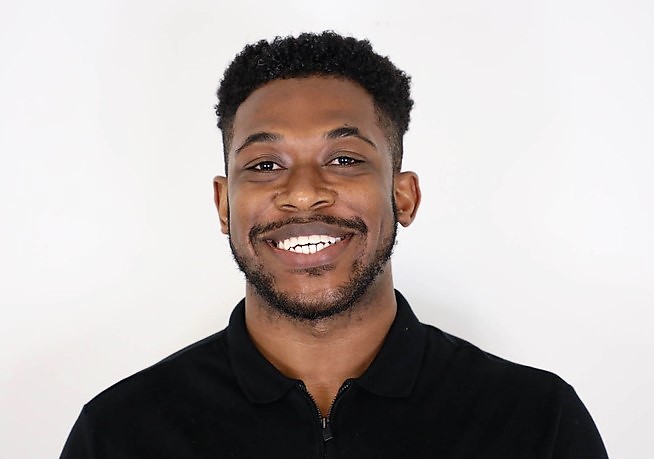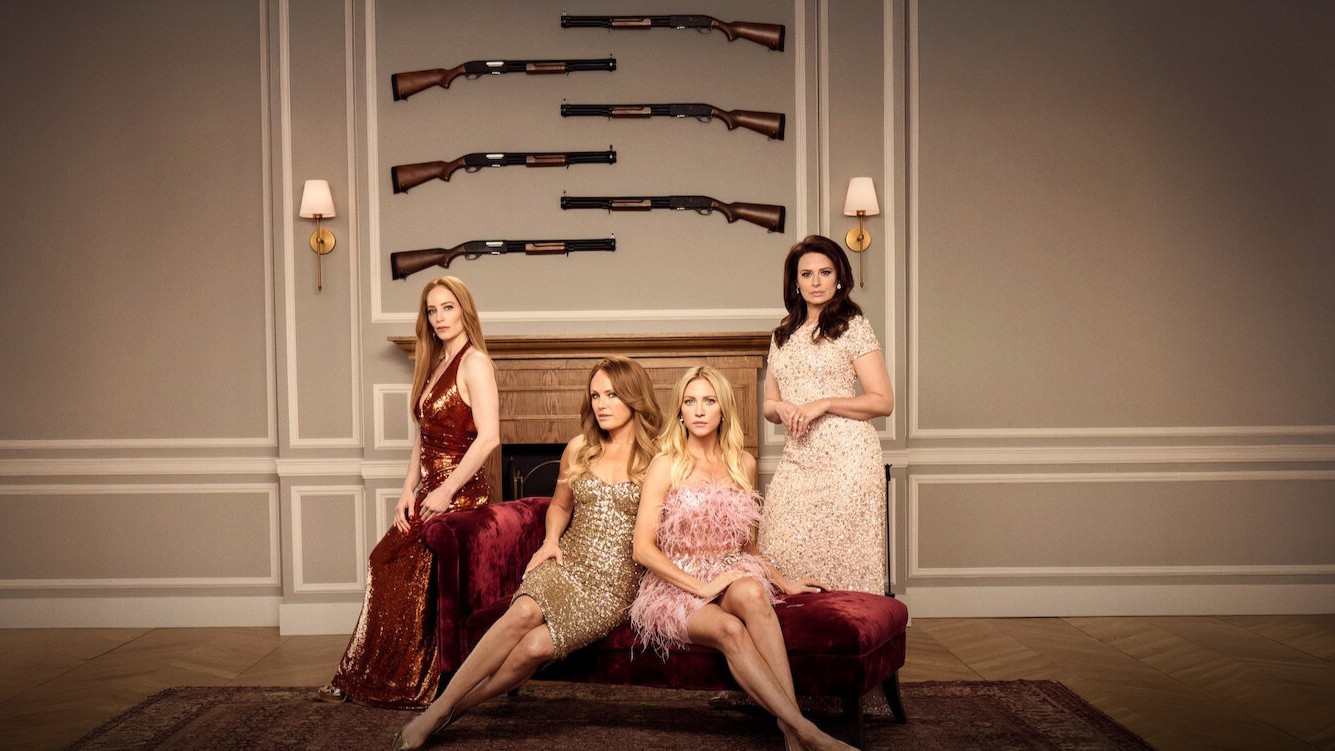Fact vs Fiction: We Own This City episode 2 — does Baltimore Police Department have a history of making false arrests?
Also, what’s the real story behind Baltimore rapper Young Moose and former detective Daniel Hersl?
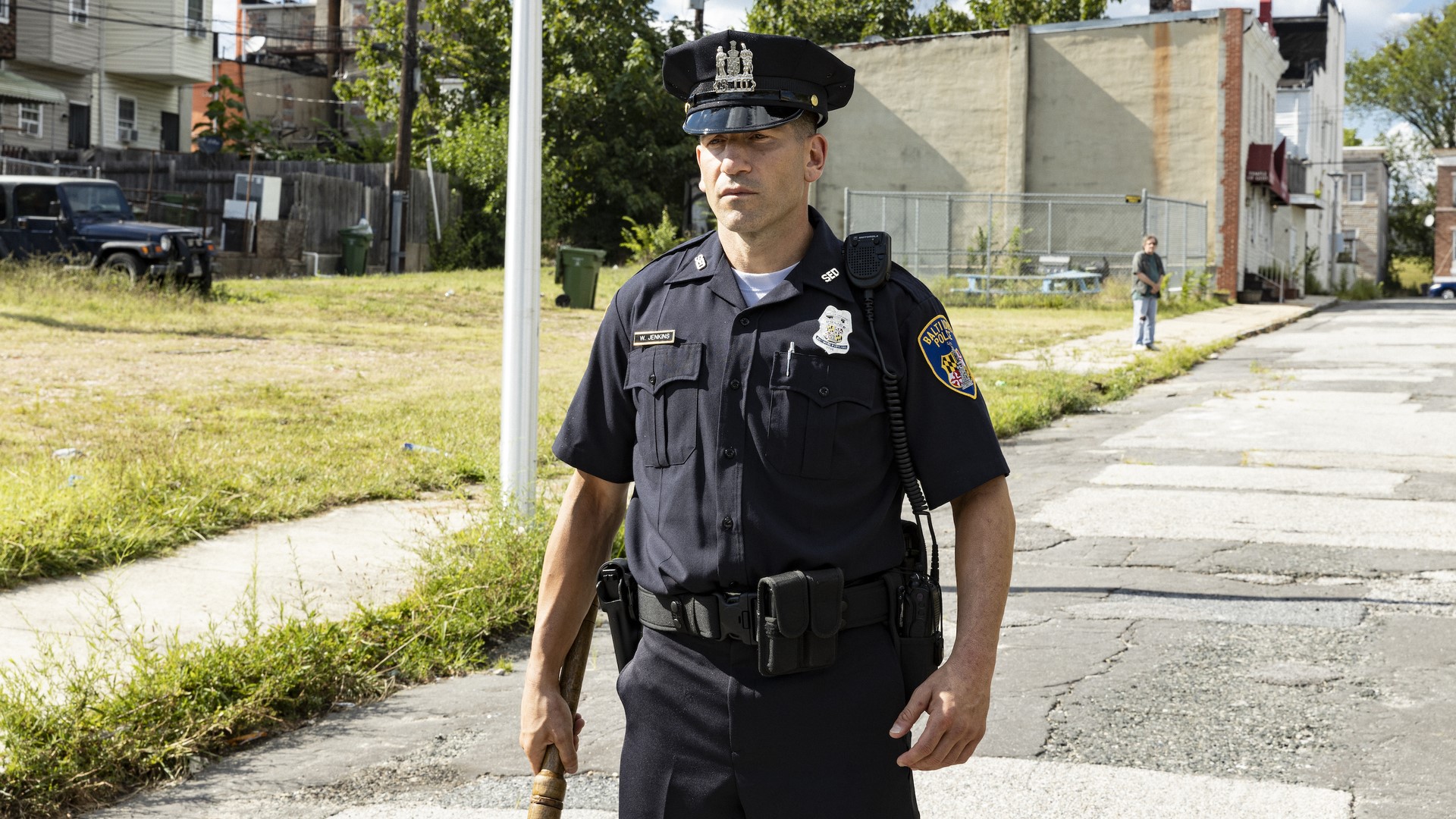
After We Own This City episode 2, the level of corruption shown continues to shock us. While there is nothing nuanced about reported incidences of police misconduct, there is something quite surprising when you see it play out in a series where questionable police decisions are systemically made at multiple levels. Out of curiosity and perhaps a little disbelief, we had to ask what was fact and fiction in the recent episode?
For example, did the Baltimore Police Department at one time have a terrible habit of making false arrests? If so, was the problem as bad as the audience was led to believe? Also, what was the former mayor of Baltimore's role in all of this? Additionally, was Daniel Hersl and his antics really the topic of a rap song?
Here’s what we’ve determined was fact and fiction for We Own This City episode 2. By the way, be sure to check out what we determined as fact and fiction for episode 1.
Were Baltimore police making false arrests?
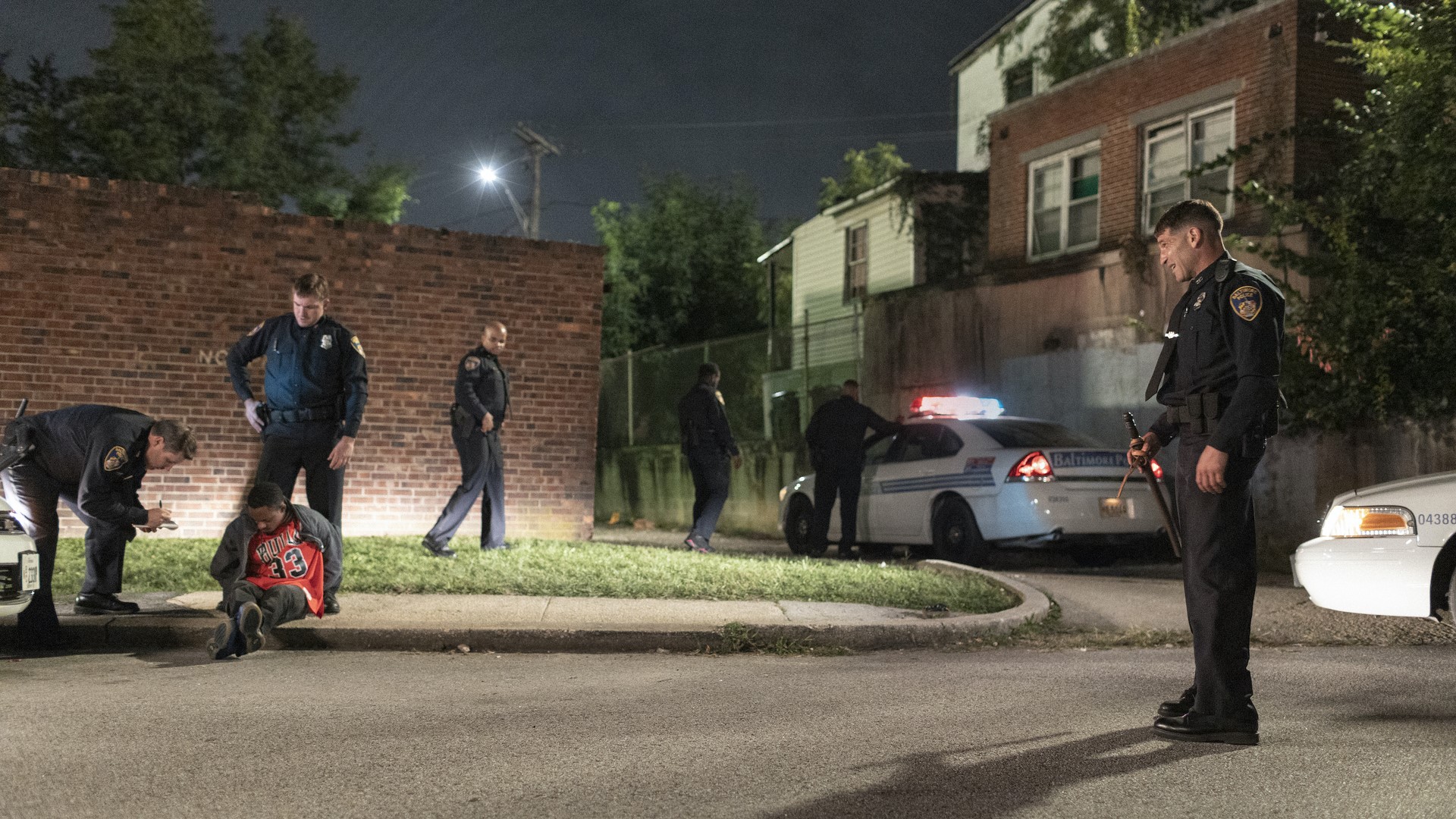
A large part of the narrative in episode 2 was about how officer Wayne Jenkins (Jon Bernthal) came to learn about policing the streets of Baltimore. His mentor on the force is officer Ed Barber (David Hammond). Barber is quick to explain that Jenkins needs to forget everything he was taught about "procedure and probable cause." Jenkins’ mentor heavily emphasized the importance of making arrests and "clearing the corner," as it’s seen as a way to lower Baltimore’s murder rate. Then Barber explains the intake process.
According to the commanding officer, during intake (when those being arrested are being processed in the system), an assistant state’s attorney would look at the arrest report for each person brought into the station. If the attorney sees that the individual should not have been arrested based on the report, then the attorney gives the person a waiver to sign promising to drop the charges and let them go if they agree not to sue the department. If the person doesn’t sign the waiver, then they spend perhaps a night or two imprisoned until the charges are brought before judicial officials.
This was a lot to digest as a viewer, but was it true? Did Baltimore police have a history of making a large number of false arrests?
This is true.
The latest updates, reviews and unmissable series to watch and more!
According to a report from the US Department of Justice Civil Rights Division, in the early 2000s the Baltimore Police Department initiated a "zero tolerance" patrolling strategy that pushed officers to make frequent stops, searches and even arrests for misdemeanor offenses. This policy drastically impacted the city’s African American residents, as they were disproportionately stopped and more often falsely arrested. After reviewing a number of the misdemeanor arrests Baltimore officers made, the Civil Rights Division noticed local prosecutors and booking officials dismissed a higher proportion of charges against African-American residents.
By 2006, the Baltimore Police Department found itself the subject of a lawsuit filed by the American Civil Liberties Union (ACLU) and the National Association for the Advancement of Colored People (NAACP) on behalf of people who had been arrested and released without charges. UPI notes that David Rocah of the ACLU claimed in 2005 alone Baltimore police made 76,500 arrests in a city of just over 600,000 people.
Did Mayor Martin O'Malley fail to keep his campaign promise on crime as mayor of Baltimore?
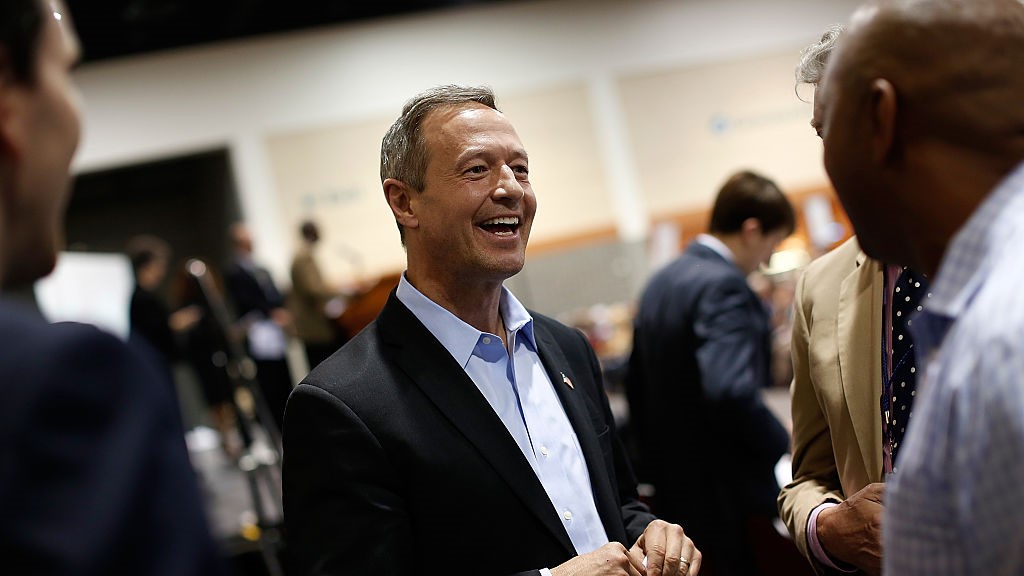
So why were such questionable practices as shown in the episode enacted to lower the murder rate? Barber states the reason for this method of policing was due to the then-mayor, Martin O'Malley.
O’Malley made a campaign promise to get the city’s murder rate below 200 a year, but he wasn’t close to reaching that goal. Given the mayor had ambitions of being governor of Maryland and his mayoral campaign failure would sure to be a sore spot in a gubernatorial run, the idea of making more arrests was born. However, did O’Malley actually make this promise? Did he fail to keep it?
He made the promise and didn’t keep it.
In 1999, O’Malley ran for mayor of Baltimore. According to The Washington Post, one of his promises during his candidacy was that he would reduce the number of homicides in the city to no more than 175 a year if elected. To put this into perspective, in the 1990s the city was logging in more than 300 killings annually. After a little over three years as mayor, O’Malley only managed to get the murder rate down to 275 by the end of 2003.
So at the time Barber is referencing O’Malley in the series, which happens to be 2003, the mayor was in fact not keeping his campaign promise. Furthermore, as we previously discussed, his "zero tolerance" policing strategy had adverse and discriminatory effects on the community.
Did Young Moose create a song about Daniel Hersl?
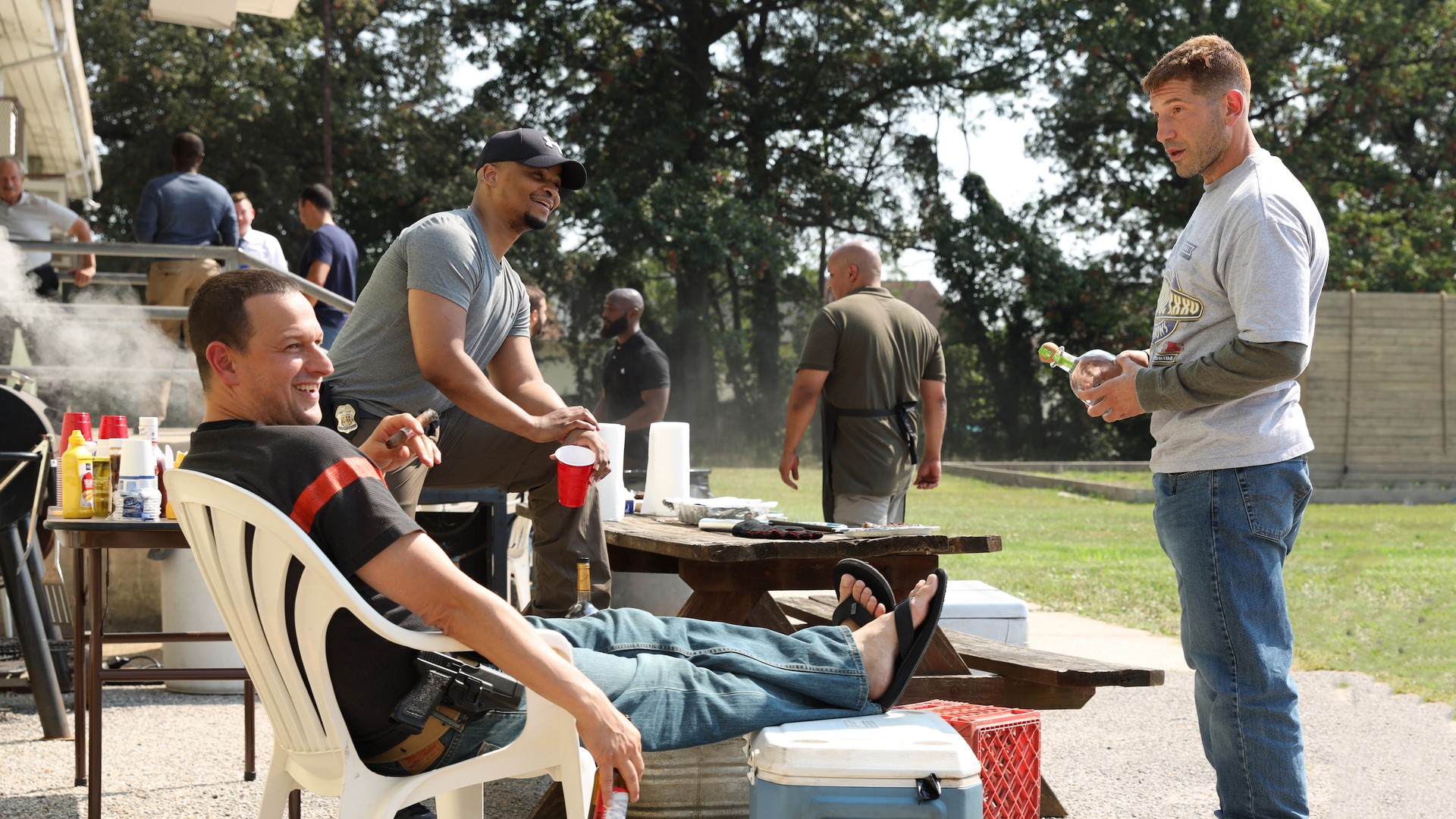
Viewers first hear of Young Moose when Nicole Steele (Wunmi Mosaku) walks into the the Civil Rights Division office and her colleagues are talking about the rapper's song referencing Daniel Hersl. In the rap, Young Moose alleges Hersl has violated his civil liberties and has been harassing him.
Later in the episode, Steele meets with Young Moose. He says after he released his song about Hersl, Hersl started being even tougher on the rapper. While we know that Hersl has a history of complaints against him as discussed in episode one, was he the topic of song lyrics?
This is again fact.
In 2014, Baltimore rapper Young Moose wrote a song called "Tired." In it, he mentions Hersl by name and rattles off a number of wrongdoings committed by the officer. The rapper spoke of Hersl’s harassment of him and addressed the fact Hersl went after his mother, father and brother. Check out his song for yourself below.
When 2021 rolled around and Hersl has been sentenced and imprisoned, The Baltimore Sun reports Young Moose filed a lawsuit against the former cop. In the article, a number of claims are made against Hersl including applying for warrants based on false allegations just to arrest Young Moose and planting narcotics on the rapper, which led to a conviction.
We Own This City continues to air on HBO and HBO Max platforms on Mondays at 9 pm ET/PT.
Terrell Smith has a diverse writing background having penned material for a wide array of clients including the federal government and Bravo television personalities. When he’s not writing as Terrell, he’s writing under his pseudonym Tavion Scott, creating scripts for his audio drama podcasts. Terrell is a huge fan of great storytelling when it comes to television and film. Some of his favorite shows include Abbot Elementary, Matlock, The Lincoln Lawyer, Survival of the Thickest, The Pitt and Godfather of Harlem. And a fun fact is he's completely dialed into Bravo Universe and The Young and the Restless (thanks to his grandmother).

